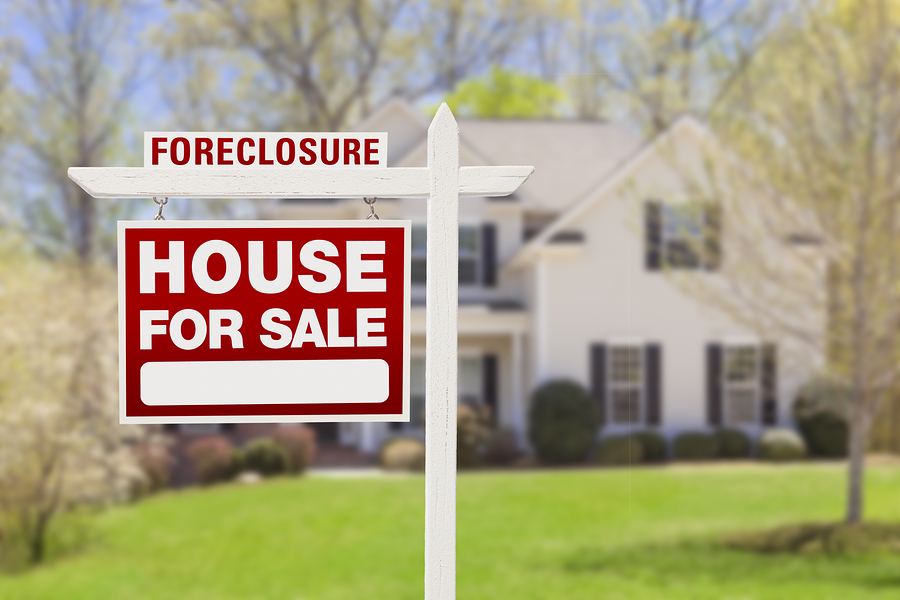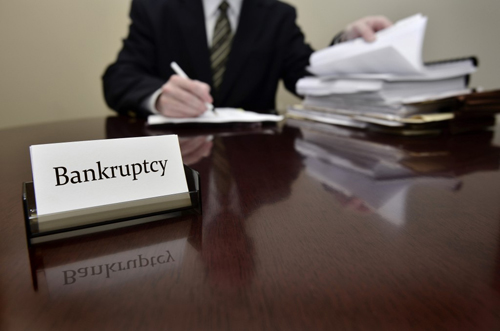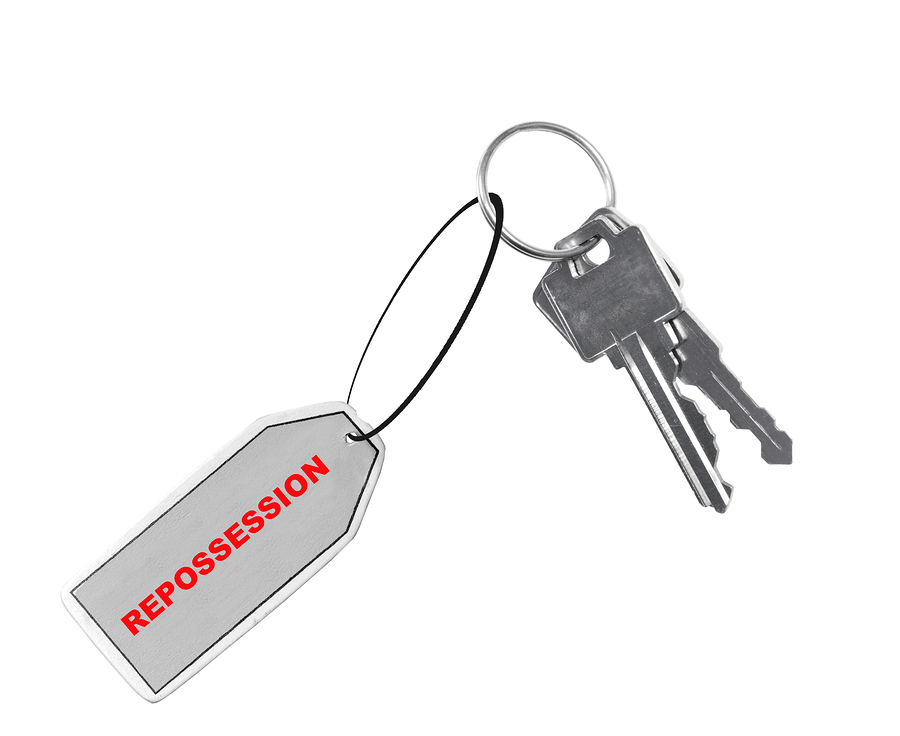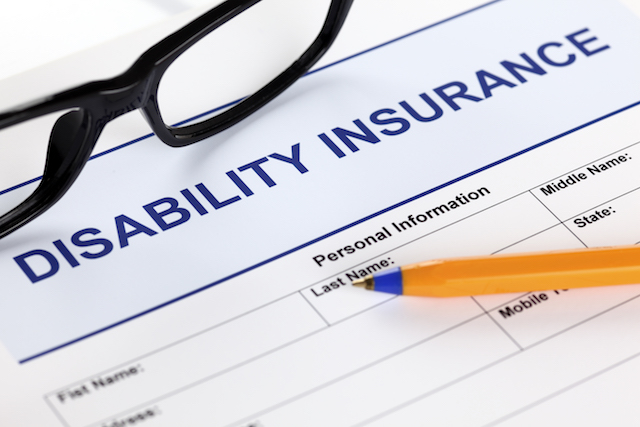Reality Check: Why Bankruptcy May Not Save Your Home
If you’re a homeowner, the chapter of bankruptcy you decide to file in Pennsylvania makes all the difference if you actually want to keep your property. Choose the wrong type, be forced into a disadvantageous filing, or not be able to exempt the equity in the home and you could wind up on the street with no possessions to your name. That’s not a fair trade for expunging unreasonable debts; at least our attorneys believe so. Let’s examine the state’s bankruptcy regulations, and explain how you navigate the system without losing your shirt.

Homestead Exemptions in Bankruptcy
If you’re filing Chapter 7 bankruptcy liquidation, using the homestead exemption allows you to protect the equity in your primary place of residence from public auction. There’s just one small problem: Pennsylvania law does not provide for such an exemption. To get it, you must apply using federal exemption limits. Under federal guidelines, you may exempt up to $22,975 in home equity from auction by the court-appointed trustee. That’s not a lot of value, especially if you own a particularly valuable piece of property.
Fortunately, if you choose to file under the federal bankruptcy exemptions, no additional paperwork is necessary for the homestead exemption. The court considers it as an automatic protection. Remember, the exemption applies to equity available in the property, that is, its fair market value minus any outstanding loans on the home. The more you owe, the less you need to exempt.
The Cruel Math of Bankruptcy
Let’s say the fair market value of your home is $200,000 and you owe $100,000 on your mortgage. The equity in your home is $100,000 because we subtract the fair market value from the amount owed. In Pennsylvania, because you can only use the federal homestead exemption, you’ve got just $23,000 with which to shield your property. Because you can’t protect the full equity, the trustee can seize your property and auction it off to pay creditors. It’s a vicious part of the process, but one that could ultimately allow you to emerge with a better financial outlook than before you filed.
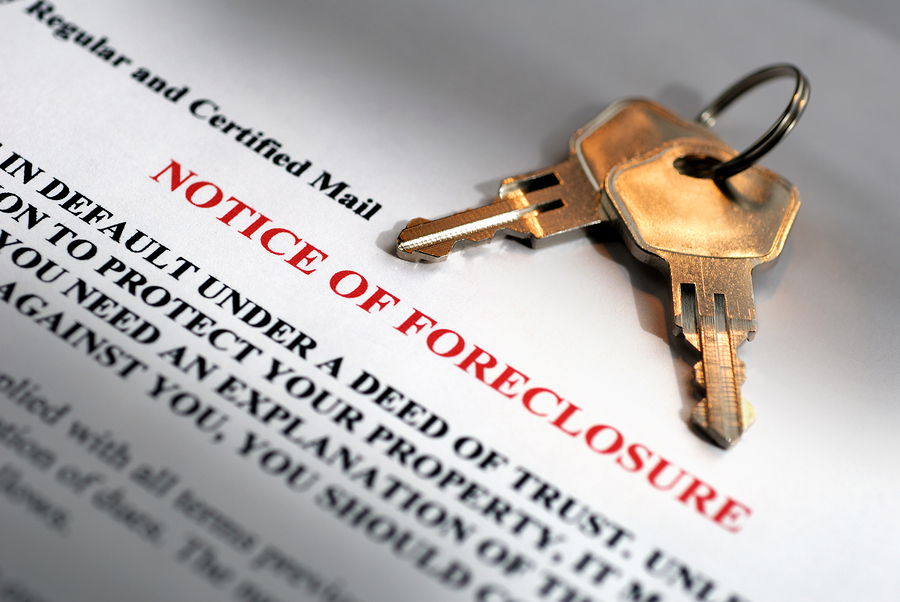
Chapter 13 Bankruptcy and Repayment
Negotiating a repayment plan under bankruptcy restricting, or Chapter 13, also factors in the homestead exemption. The court considers how much equity you can protect using the exemption, when determining feasible payments to unsecured creditors. You get to retain possession the property as a component of debt restructuring, though your creditors could come after its available equity if you default on your court-approved repayment plan.
As long as you make payments on time, you’re going to retain your property and no creditor can conduct repossession actions against you legally.
If you, or someone close to you, are going through a tough time financially, bankruptcy may be the shining light at the end of their dark tunnel. Contact our attorneys today to schedule a consultation to discuss your financial situation. We’ve helped thousands recover from they thought was insurmountable debt. There’s an effective solution, we promise, call right away.


